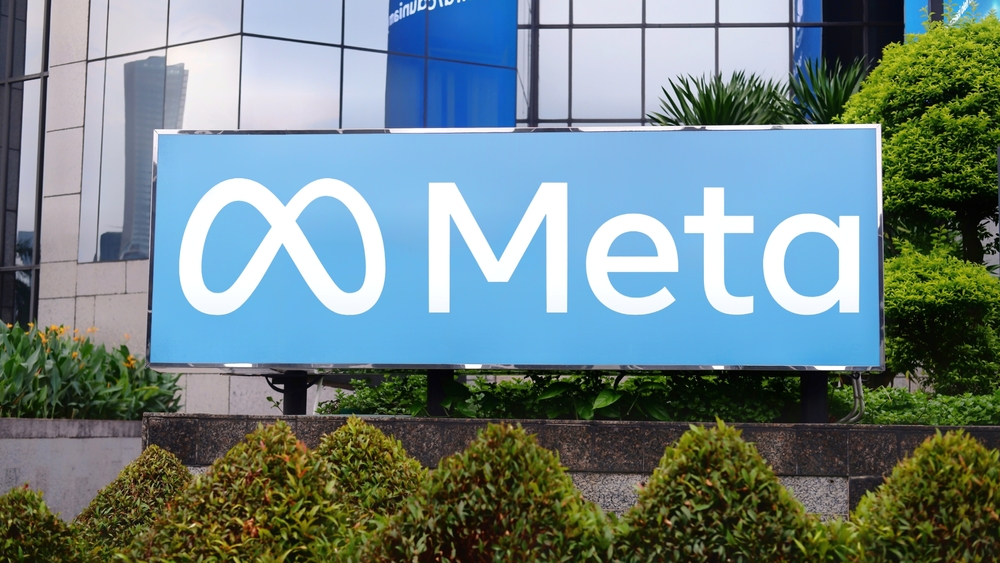In the US, the Federal Trade Commission (FTC) is engaged in a legal battle with Meta, accusing the company of monopolizing the social media market. The FTC claims that Meta acquired potential competitors such as Instagram and WhatsApp in order to neutralize future threats.
Meta, however, disputes these claims. The company argues that platforms like Instagram and Facebook now face intense competition from apps such as TikTok and YouTube. According to Meta, it is not anti-competitive behavior but changes in consumer habits that are driving the shift in platform usage.
At a court hearing, Meta CEO Mark Zuckerberg emphasized that both Instagram and Facebook are evolving into entertainment platforms rather than traditional social networks. He noted that users are no longer “broadcasting” content to friends as frequently as before. “The friend pool has shrunk significantly,” Zuckerberg stated, adding that Facebook in particular has “become a broader space for discovery and entertainment.”
One of Meta’s court presentations showed a decline in the time users spend viewing content from friends — from 22% to 17% on Facebook and from 11% to 7% on Instagram between 2023 and this year. This change reflects Meta’s strategic shift toward short-form video content and adjusted content recommendation algorithms.
Strategic Shifts and Market Competition
In March, Meta introduced a new Friends tab on Facebook, which displays only posts, stories, and videos from people the user actually knows. This move aims to separate personal content from algorithm-driven recommendations, responding to user demand for a more curated experience.
Instagram’s head, Adam Mosseri, has also commented on the platform’s evolution, saying that Instagram now functions more like a messaging app than a content-sharing tool, adds NIX Solutions.
A Meta spokesperson told Business Insider that “The FTC’s lawsuit against Meta flies in the face of reality. The evidence presented at trial will show what every 17-year-old in the world knows: Instagram, Facebook, and WhatsApp are competing with TikTok, YouTube, X, iMessage, and many other communications services.”
This case may set a precedent for how digital competition is evaluated in the future. Yet we’ll keep you updated as more information emerges and the court proceedings continue.

